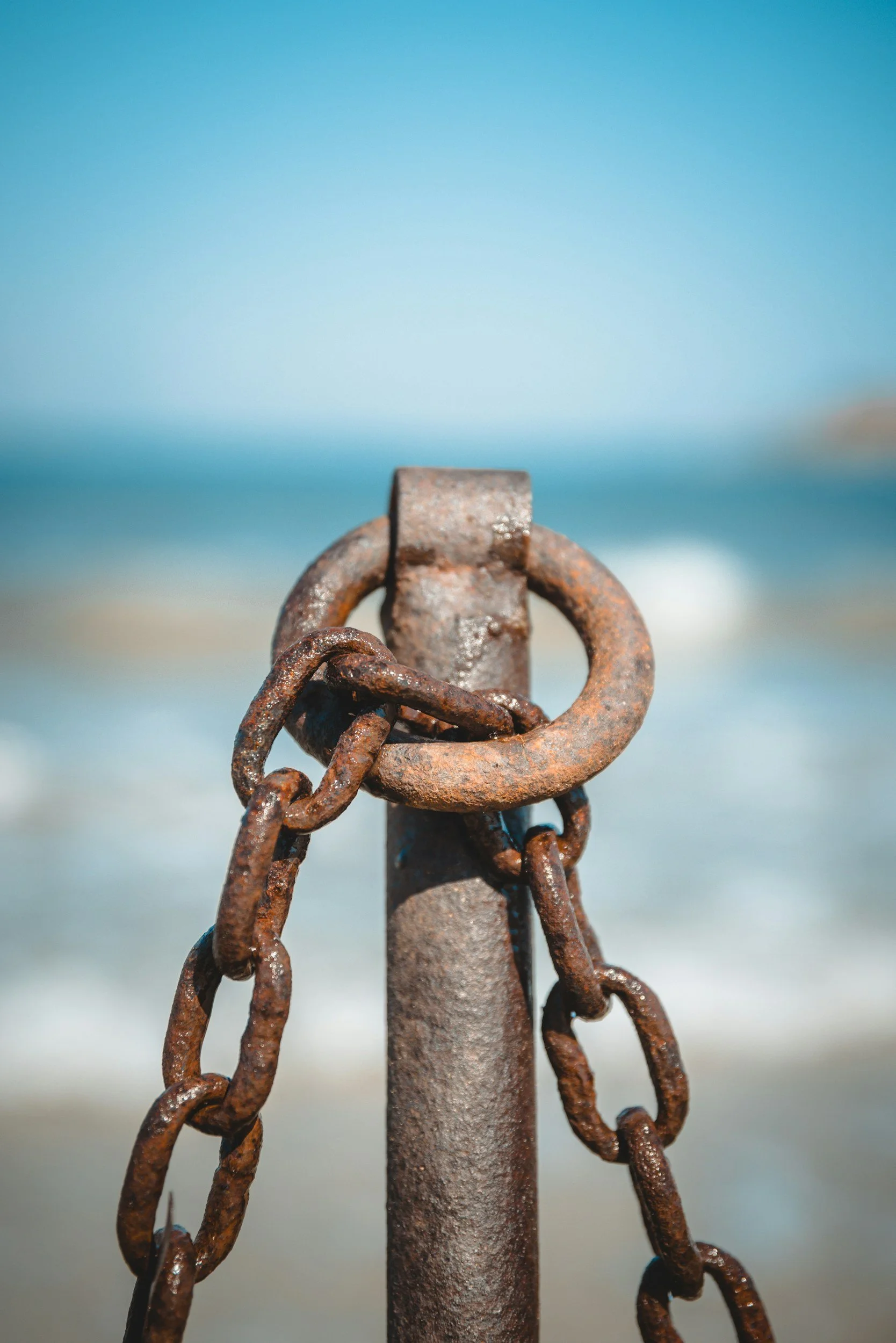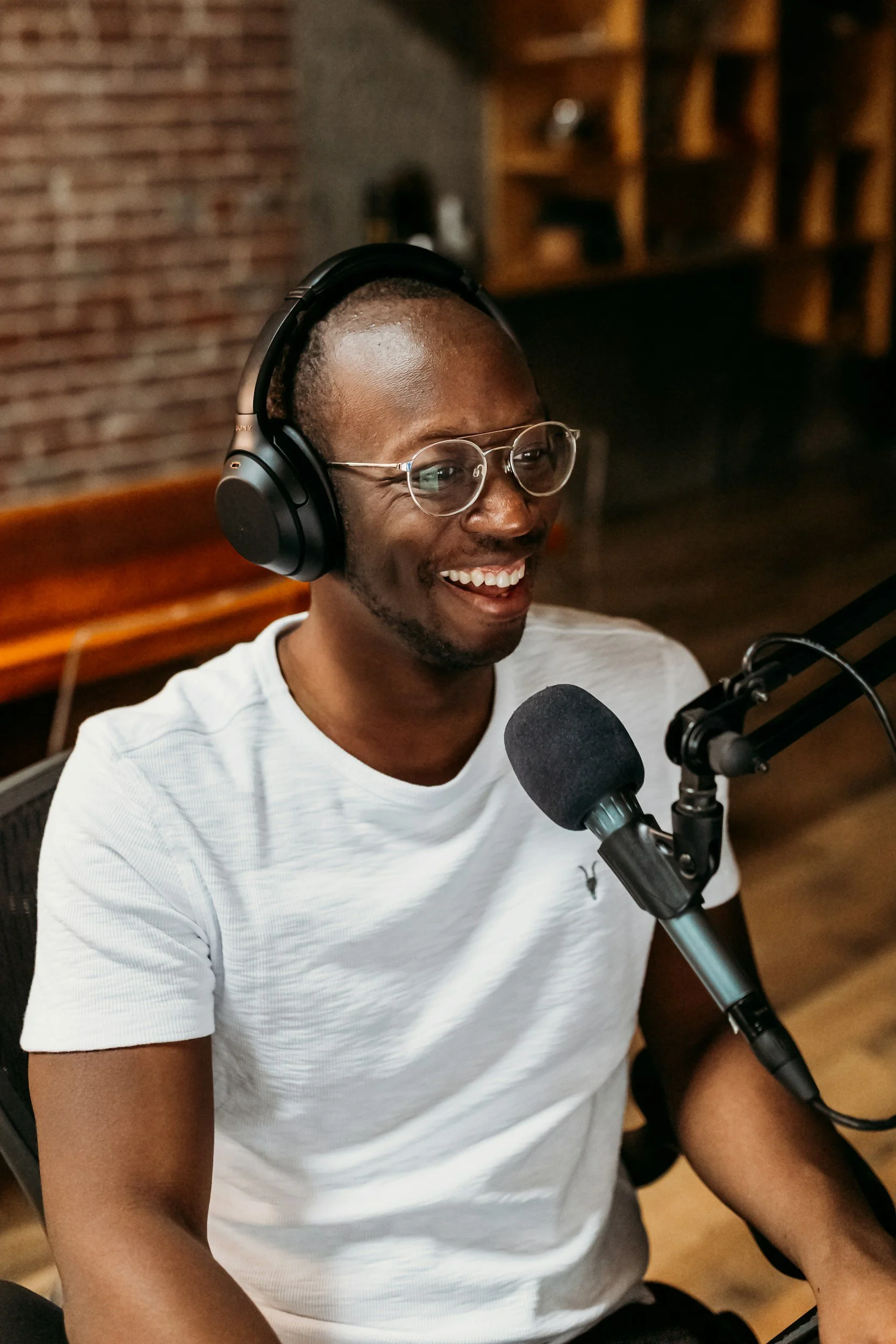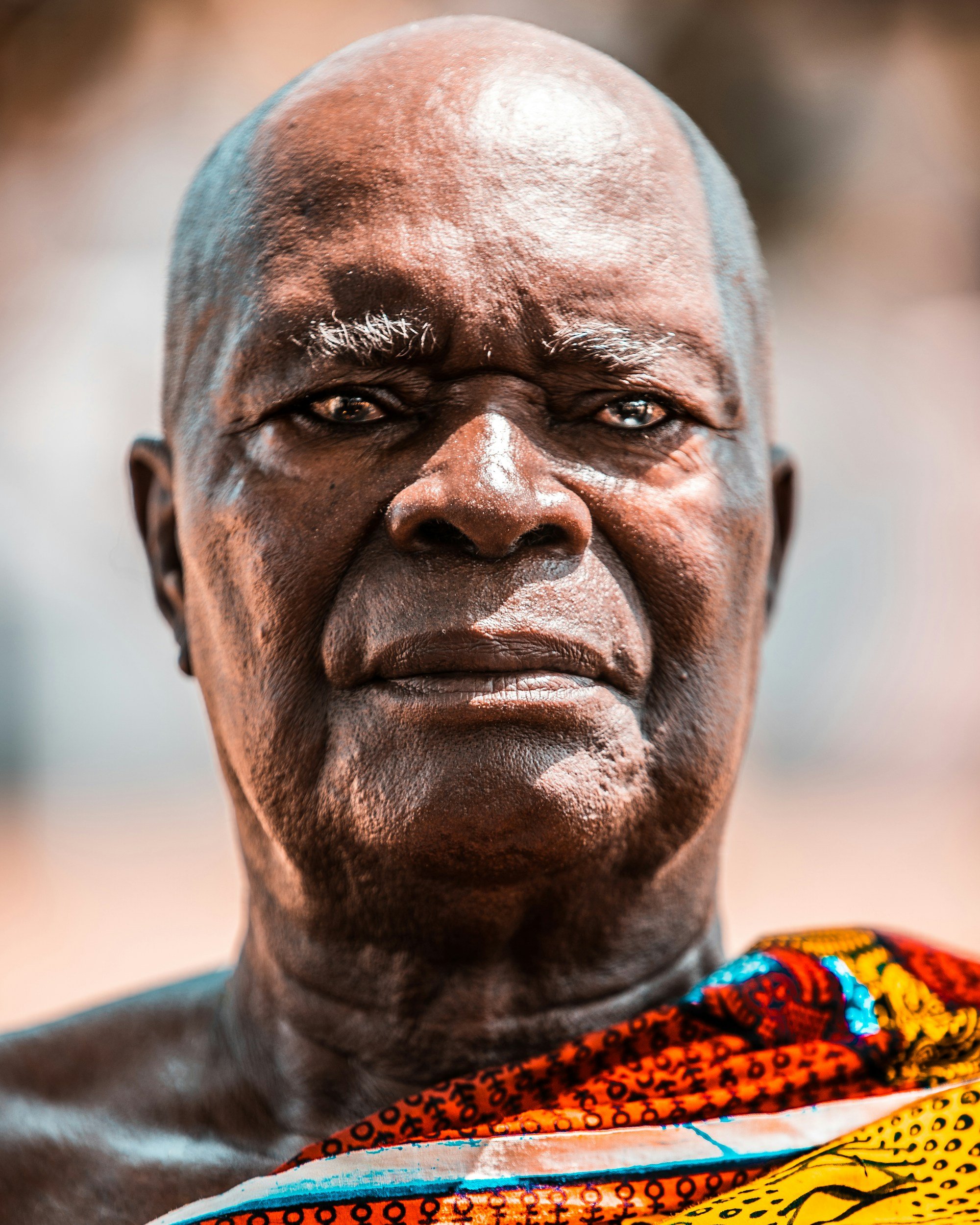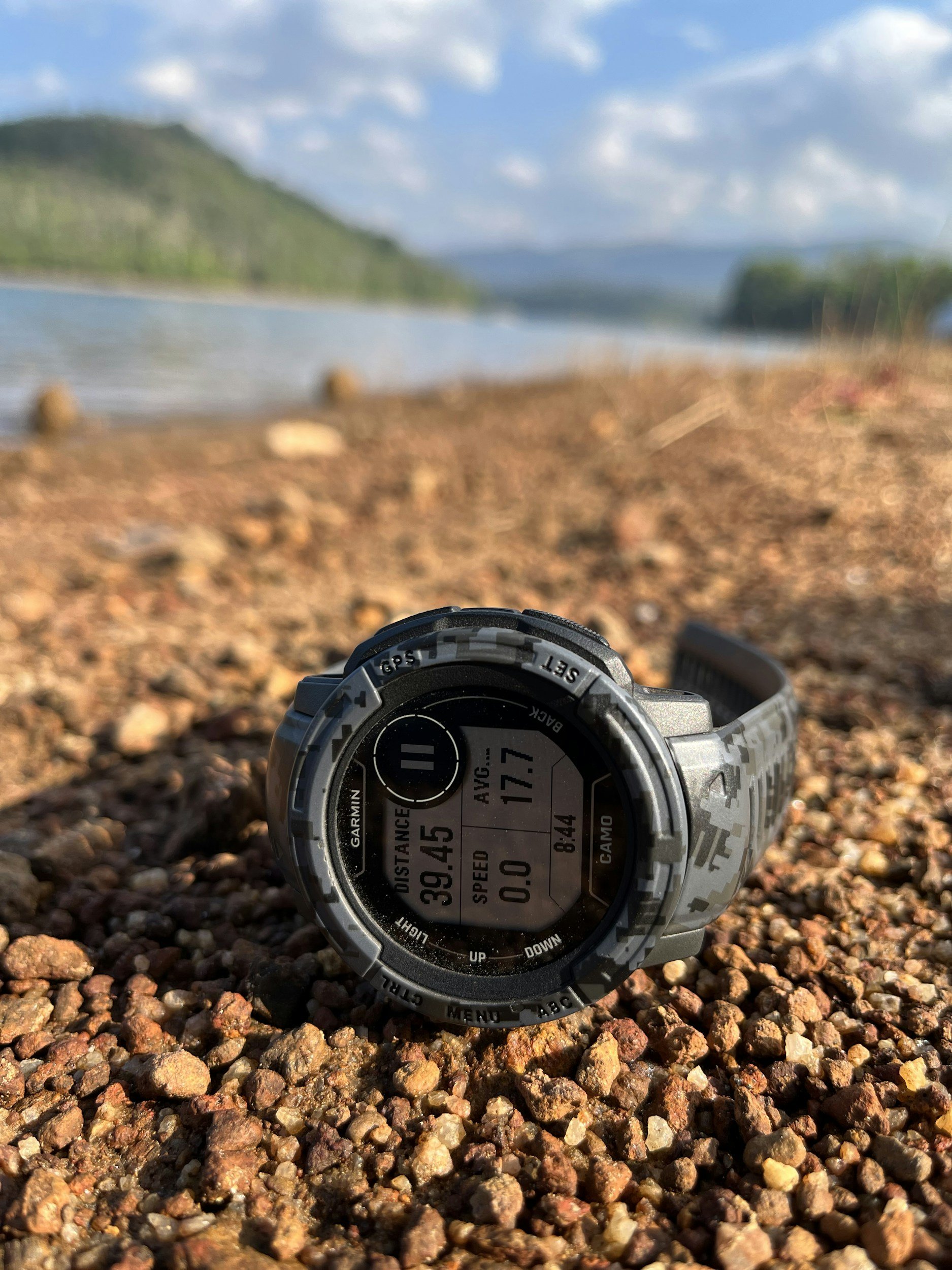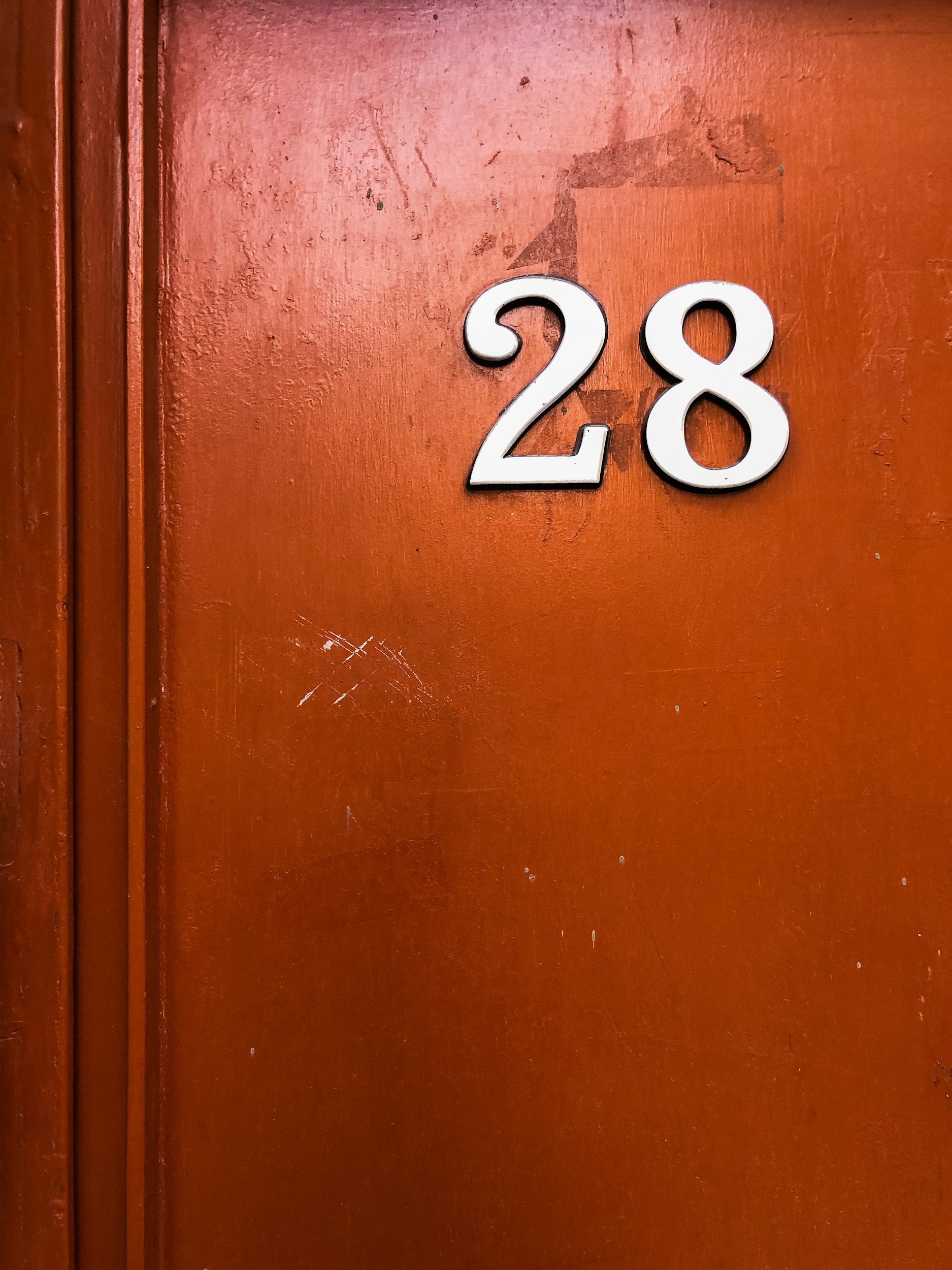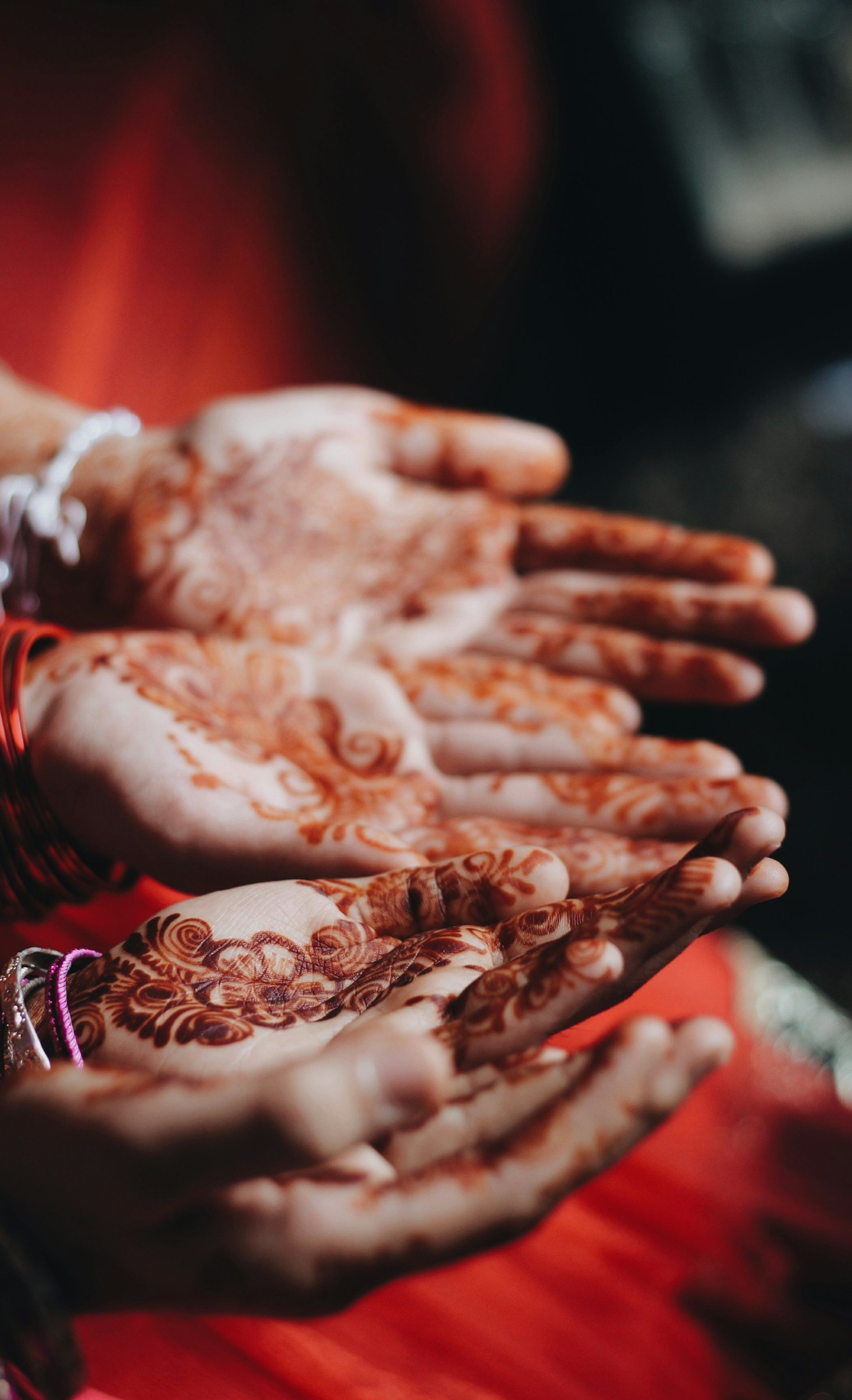4 Ways to Stop Sabotaging Your Isalaka
In Igbo culture, Isalaka is a deeply spiritual practice. It is a tradition of helping those who cannot return the favor, offering support to those in need without strings attached, and doing so with a genuine heart.
However, as simple as this sounds, many of us unintentionally sabotage our Isalaka without even realizing it. Let’s break down four ways this happens and how you can avoid these pitfalls.
1. Don’t Turn Isalaka into a Public Performance
These days, it’s easy to feel the urge to broadcast every good deed. Maybe it's the pressure of social media or the need for external validation, but Isalaka loses its spiritual potency when it becomes a show for others.
True Isalaka is quiet and sincere. You’re not doing it for likes, applause, or recognition, you're doing it because your spirit moves you to. When you parade your charity for public praise, you shift the focus from helping the person to feeding your own ego.
How to fix this:
Ask yourself: "If no one ever knew I did this, would I still do it?" If the answer is yes, you're on the right path.
2. Give Without Expectations
Isalaka has to do with helping those who have no means to repay you. It’s not a trade or a “spiritual investment” where you expect instant rewards.
Some people approach charity with an unspoken agenda to give with the hope that the universe will quickly "pay them back" with money, success, or favor. While it's true that genuine Isalaka attracts blessings, the moment your giving becomes a calculated transaction, it loses its spiritual purity.
How to fix this:
Give simply because you can. Trust that the universe works in ways beyond your comprehension and will return your goodness in its own time and form.
3. Don’t See People as a Means to a “Spiritual” End
One of the most subtle ways to sabotage Isalaka is by prioritizing your own "spiritual goals" over the actual needs of the people you're helping.
For example, if you start seeing the people you're helping as stepping stones to cleanse your karma or unlock certain blessings, you're no longer truly helping them, you’re using them. Even if you're giving, your heart is in the wrong place.
How to fix this:
Shift your mindset. Help because they need help, not because you're trying to "level up" spiritually. Focus on the human in front of you, not what you hope to gain from the universe.
4. Start Your Charity from Home
There's an Igbo saying: Aku ruo ulo amalu onye kpatara ya—When wealth reaches home the wealthy person will be known.
Charity begins at home. Before you perform grand acts of kindness for strangers, have you considered those in your immediate circle? The cousin who’s struggling with school fees, the neighbor who quietly battles hunger, the old woman in your village who needs help running errands?
Performing Isalaka for outsiders while ignoring those closest to you creates a spiritual imbalance. Ignoring those in your community or environment in favor of more "visible" charity can disrupt the flow of grace you're hoping for.
How to fix this:
Start small. Look around you, in your family, community, and circle of influence. Who is silently struggling? Begin there.
Concluding Thoughts
Isalaka is an Igbo tradition that is centered on genuine, quiet, heart-centered giving. It’s not about grand gestures. The more you focus on helping others because you can, and not because you're waiting for the universe to cut you a check, the more aligned you are with the spiritual benefits of Isalaka.
So the next time you give, ask yourself:
Am I doing this for show?
Would I still give if I knew I’d never be repaid?
Am I seeing this person as a human being or as a spiritual stepping stone?
Have I overlooked those closest to me who also need help?
Let your answers guide you back to the value system behind Isalaka. The universe will handle the rest.
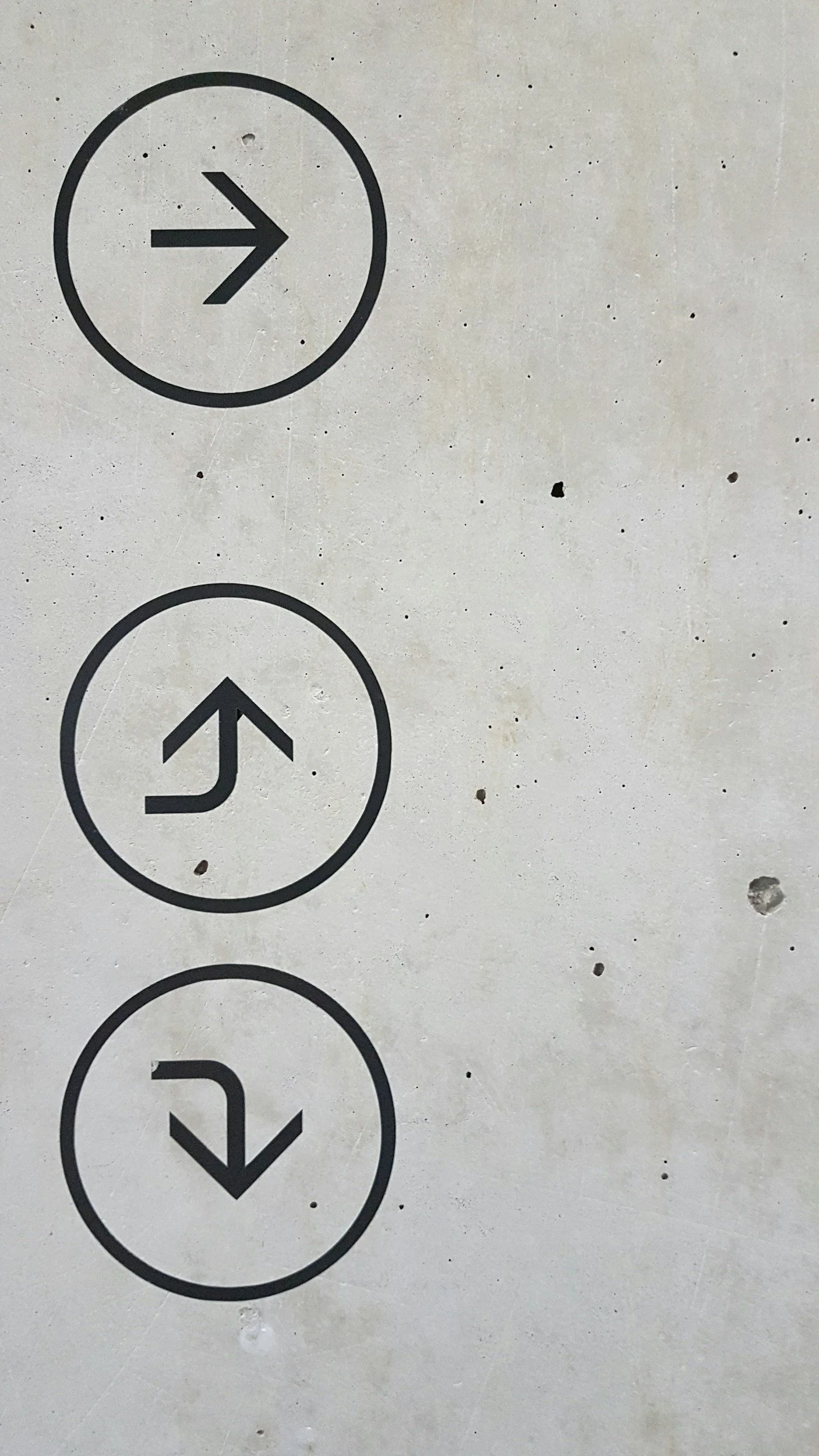
Join Odinani Mystery School for access to Exclusive in-depth teachings on ancient Igbo wisdom and mystical sciences!
Sloane Angelou is a multifaceted Igbo strategist, storyteller, and writer with a deep passion for exploring the nuances of human existence through the lens of human experiences.


